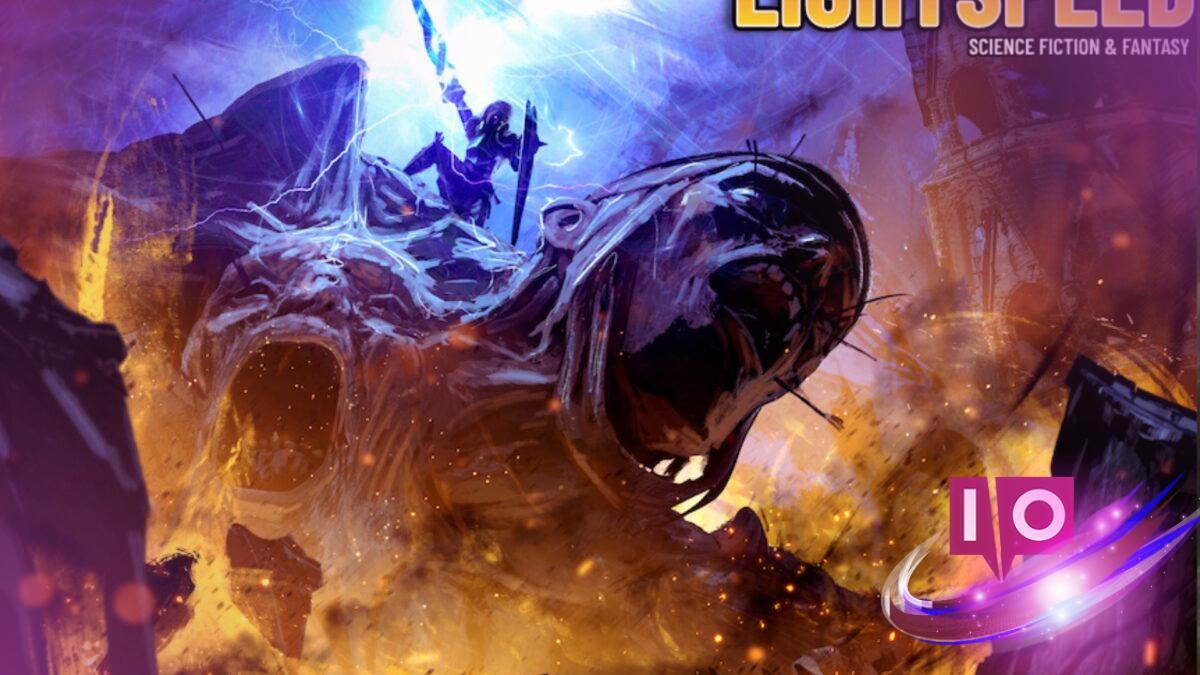In the heart of Karachi, young Fawad dreams of saving the world while battling hunger and the relentless heat of the sun. You may wonder, how does a boy with limited resources envision such grand aspirations? Let’s dive into this thought-provoking tale of resilience and the complexities of fate.
Fatima Taqvi, a talented short story writer from Karachi now residing in London, captures the essence of dreams, socio-economic struggles, and the magical realism woven throughout our lives. Her story, “It Might Be He Returns,” is not only a reflection of artistic expression but also a mirror to the realities faced by many.
1. The Hungry Dreamer
Fawad constantly grapples with hunger as he sits opposite a tailor’s shop, eternally yearning for a better life. It’s here he dreams of changing the world, often lost in thoughts of education and opportunity. How does this relate to our lives? Many of us have faced hunger for knowledge or success, often placing ourselves in dream-like scenarios where everything is possible—if only the circumstances would change.
2. Reflecting on Fate
A strange mirror in the tailor’s shop reveals glimpses of a possible other world. Mirrors often serve as powerful symbols in literature, representing self-reflection and reality. In what ways do mirrors reflect our own desires and fears? Every glance into a mirror may provoke new thoughts about who we are and who we might become.
3. The Shift of Reality
When Fawad interacts with this other world, he feels confusion and fear, pondering the fate that awaits him. What happens when we encounter unknown paths? Sometimes, stepping out of our comfort zones can lead to growth and transformation. Fawad faces this decision head-on—will he embrace the change or retreat to the safety of the familiar?
4. A World of Possibilities
As Fawad navigates through this enchanting yet eerie alternate reality, he discovers opportunities that may allow him to pursue education and reshape his destiny. How do we find opportunities in unusual places? Life often prizes those willing to look beneath the surface, allowing hidden possibilities to unfold.
5. The Price of Change
Fawad’s journey also emphasizes that every dream and ambition comes at a cost. He must confront the ethical implications of his choices. What are the challenges we face when striving for success? Understanding the impact of our actions is crucial in creating a future that benefits not just ourselves but also those around us.
What lessons can we learn from Fawad’s experiences? The narrative highlights the importance of taking initiative, understanding one’s potential, and realizing that change often requires both courage and sacrifice. Fawad steps through the mirror, embodying the idea that transformation is possible when we dare to dream—bringing us right back to the essence of human resilience.
Have you ever wondered how to pursue your dreams despite having nothing? Many face the same question every day—how can we shift our reality to embrace possibilities? The journey may be daunting, but every step toward your goal is a step worth taking.
What can we do to support others in their quests for success? By fostering community and understanding, we empower each other to pursue our dreams and dreams that might seem far-fetched. Just as Fawad learns, our combined efforts can manifest change.
As we close the chapter on Fawad’s tale and its profound insights, remember that the world is filled with countless stories waiting to be told and heard. For more captivating narratives and thought-provoking discussions, explore additional content at Moyens I/O.
